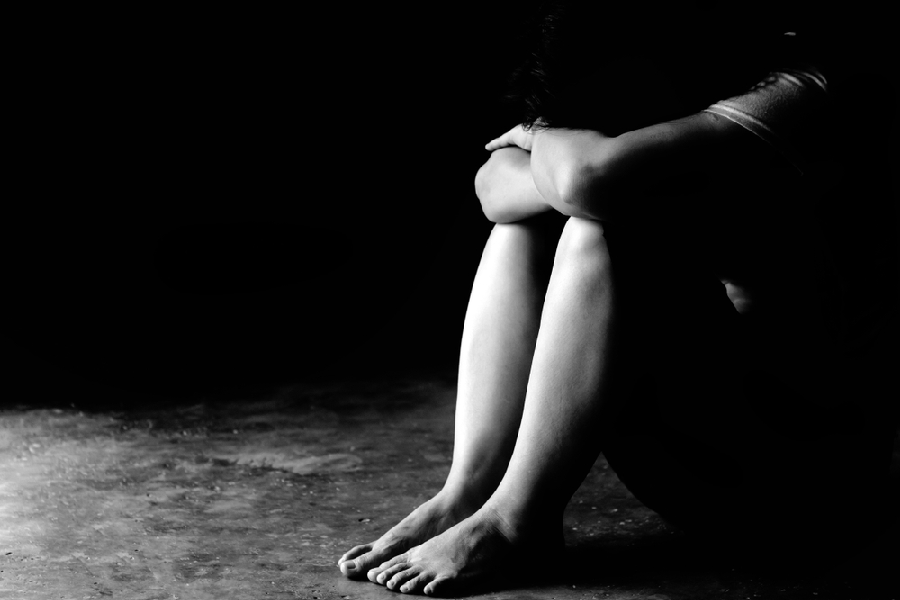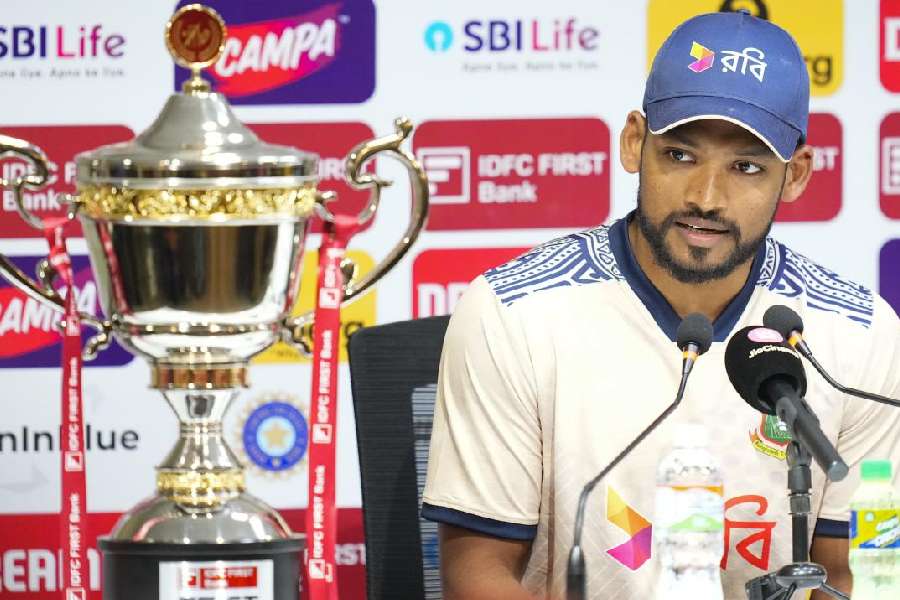
When Ranjita Singh (name changed) got married, she thought there was nothing more she could ask for. Her marine engineer husband was handsome and sensitive — and the families were happy. But trouble took over when he told her on the first night of their honeymoon in Europe that he was gay.
“The remaining days of the trip were a trauma. He was otherwise a good person but I couldn’t carry on with the relationship, despite family pressure,” Singh, a software engineer, says.
The two finally went for a divorce, opting for a mutual settlement. Singh did not cite homosexuality as the reason for the divorce because her husband urged her not to do so, saying that it would lead to social embarrassment. Singh stated “non-consummation of marriage” as the reason.
Singh’s case is not unique. Many who find themselves trapped in a marriage with a homosexual partner have sought a divorce. But few in court have given homosexuality as a reason for the separation. Family pressure and fear of social rebuke often prevent the petitioners from citing the real reason for the breakdown.
The issue came up recently when Madras High Court judge N. Kirubakaran recommended amendments in marriage laws to include homosexuality as grounds for divorce. The remark came on the sidelines of hearings on two such matrimonial cases — one involving a lesbian wife, and the other a gay husband.
The judge said homosexuality could be a valid reason for divorce since homosexuals “cannot exhibit interest on the opposite sex which is required for consummation of marriage”. He also pointed out that lack of legal protection or recognition extended to the lesbian, gay, bisexual and transgender (LGBT) community was affecting the institution of marriage.
The judge’s observations have stirred a debate among legal experts and activists. Despite agreeing with the concerns expressed by the court, many are doubtful whether simply adding another cause for divorce can address what is essentially a larger issue concerning the LGBT community.
At one level, it goes without saying that straight women suffer when their spouses are gay. “In many cases, after marriage or after having a child, the wife is completely neglected,” says Mumbai-based lawyer and human rights activist Flavia Agnes. “At other times, the partner is frank about his orientation. Under the marriage laws, this amounts to adultery but since most of the time it is difficult to prove such cases, we bring on cruelty charges,” she says.
Homosexual alliances are also difficult to prove. And because of the social stigma attached to alternative sexual orientations in the country, divorces are mutually sorted out, Agnes points out. “There is no need for a new legal incorporation. A huge number of things can fall under the spectrum of cruelty and can be dealt with effectively,” she asserts.
But family law expert Mridula Kadam differs. She feels it is high time that homosexuality is included as grounds for divorce. “Many petitions are filed alleging non-consummation of marriage instead of stating the real reason — that the spouse is lesbian or gay,” says Kadam. However, she is quick to add that in order to prevent such marriages, it is essential to first decriminalise homosexuality.
Many experts echo Kadam’s view. Under the present law, an admission about a person’s homosexual orientation may land him in jail, because criminal charges can be brought against him under Section 377 of the Indian Penal Code. Because of this, a gay man is often forced to keep his sexuality a secret.
What is needed, some experts hold, is removing the social stigmas related to homosexuality. “Why add another clause to the divorce law? Why not ensure that no homosexual person is forced into marriage because of social taboo, thereby ruining lives,” asks Kaushik Gupta, a senior criminal lawyer and an LGBT rights sympathiser.
Divorces on complaints of homosexuality can also be legally troublesome. Allegations made by a spouse about his or her partner’s sexual orientation cannot be proved easily. “How can it be proved that a person is lesbian or gay without fitting cameras in the bedroom, an act that would violate the very sanctity of marriage which is based on trust and love,” Gupta asks.
Gender and sexuality activist Pawan Dhall lauds the Madras High Court’s efforts to grant recognition to the LGBT community but acknowledges that it is a complicated issue. “There are bisexuals who may want to get married and have a meaningful relationship. If something goes wrong later, laying all blame on his or her sexuality is not fair. Instead, more options should be created for people to opt for relationships they desire,” he suggests.
Justice Kirubakaran of the Madras High Court also noted that “more than 30 countries, including a conservative nation like Ireland, have decriminalised homosexuality and legalised gay marriage by way of referendum”. Could LGBT members be considered offenders merely because of having exhibited their natural sexual orientation, he asked.
Noting the prevalence of same sex relationships in the country, the judge asked the Union law and family welfare ministries as well as the Law Commission of India to look at how homosexuality can be treated as grounds for divorce.
Bishakha Dutta, co-founder of Point of View, a non-profit organisation working on issues relating to gender, sexuality and women’s rights, is opposed to the idea.
“There are countless instances of people having relations outside marriage… Should heterosexuality also be grounds for divorce? We cannot stigmatise sexual orientation thus. I don’t like the word ‘adultery’ since it has many moral connotations. But it exists as grounds for divorce and is sufficient to cover such cases,” she says.
The judge’s remarks have also given a boost to calls for the decriminalisation of Section 377. Mumbai lawyer Agnes feels a consensus is slowly evolving in political parties about this, and perhaps a bill will be moved shortly. “It’s taking time since it’s nobody’s political agenda,” she says.











